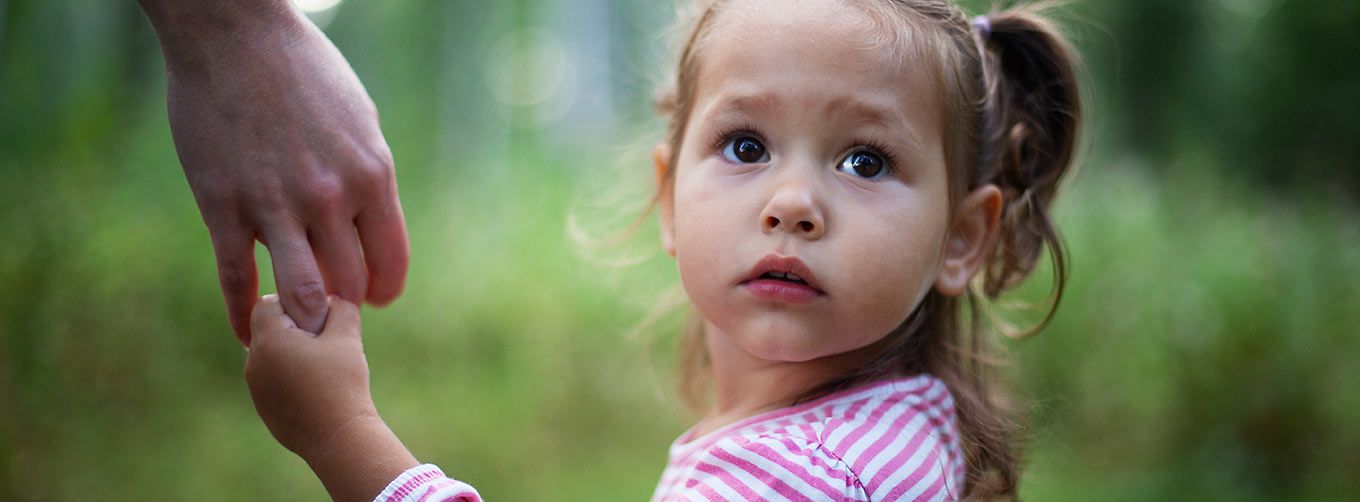Whether you’re dealing with toddler or baby separation anxiety, we’ve got the expert lowdown on how to navigate this tricky time

Few things are more heart-wrenching than seeing your child sob when you leave them – even if you’re just popping to the loo. But fear not, separation anxiety is a totally normal part of your child’s development and it usually passes. Dr Fenella Quinn, a child psychologist and Counselling Directory member, explains the ins and outs of baby and toddler separation anxiety.
A bit of ankle-clinging is normal
Separation anxiety is a normal anxiety that babies and toddlers can feel when their carer isn’t around. It usually happens between around six months to three years old. You might suddenly find that where your baby used to be happy to be passed from person to person, now they scream when you walk out of the room. It’s simply that they’re now more aware of their surroundings and they may not feel so safe without you.
Ease your child into separation
If your baby is going into child care so you can return to work, he or she could visit you at home first so that you all spend time together. This shows your baby that you’re OK with that person, and baby and childminder can start forming a bond. If your baby sees that you’re happy with that person, they think “Mummy/Daddy looks alright, so I’ll be alright, too.”
Stories and soft toys come in handy
Try reading story books about Mummy or Daddy going away and coming back again, to reassure your child that it’s alright to spend time apart. It can also be a good idea to give your child a soft toy or comforter that’s familiar. It’s what’s known as a transitional object. The toy or comforter is something the child knows from their familiar environment which they take with them into their new surroundings.
Never duck out without saying goodbye
This will only make your child more anxious, so give them lots of warning. Leaving them with an adult you trust is an important step for both of you in helping them towards independence. If you’re going out for the evening, ask your babysitter to arrive in good time before you leave so that your child knows what’s happening. You might feel like bursting into tears yourself (which is totally OK!) but try not to wear your anxiety on your sleeve as this tells your child that it’s an anxiety-inducing situation. Instead, be positive, smiley and upbeat – children learn through modelling their parents.
Yep, toddler separation anxiety is a thing, too
Starting pre-school or school is a common time for separation anxiety. Talk to your child. Chat about the fun things they’ll do while you’re away, and talk about what you’ll do together later when you pick them up, whether it’s a trip to the park or baking cakes at home.
Know when to get help
You know your own child. If you feel that their separation anxiety is going on for too long, or if you see any significant changes in your child’s behaviour – for instance, they become withdrawn, aggressive, experience frequent crying, bed-wetting in older children, or loss of appetite – chat to your GP or health visitor.